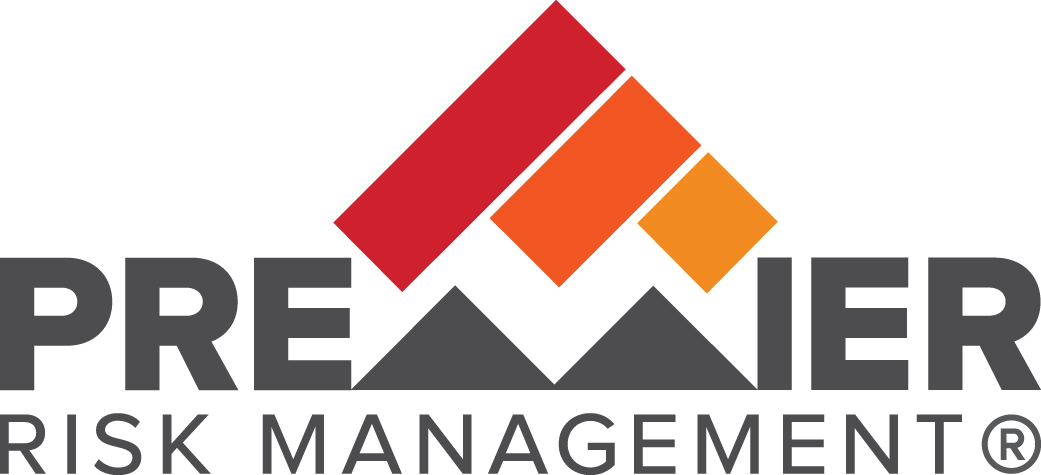Risk Management Services
- Air Contaminants
- Noise Exposure
- Chemical Hazards
- Biological Hazards
- Physical Hazards
- Ergonomic Hazards
- OSHA 10-hour
- OSHA 30-hour
- Disaster Site Worker
- General or Construction Industry
- Fleet Inspections
- Operator Safety Training
- Substance Testing
- HAZ-MAT Drivers
- Driver Records
- Hours of Services
- Maintenance Records
- Material Handling
- Articulating Lifts
- Fall Protection
- Confined Space Entry and Rescue
- Powered Industrial Truck Operator
- Trenching and Excavation
- Powder Actuated Fasteners
- Rigging and Signaling
- Advanced Technical Rescue
- Mobile Scaffold
- Respirator Fit Testing

Solutions Customized to Help Meet Your Business Goals
Strategic Partnerships

Fulfilling Risk Management Responsibilities for Your Team
Risk managers use their education, training, and experience to make decisions directly impacting the strategic direction of a company. Their vision establishes long-term objectives to meet a variety of corporate goals, demonstrating exceptional leadership skills, efficient utilization of strategic alliances, and remain steadfast to their core values and well-disciplined reasoning. They lead a team of highly-qualified professionals with individual expertise in many areas under the auspices of risk management.
Invaluable members of any business team, they must possess a comfortable knowledge of internal business practices and understand the intricacies of an organization’s trade or industry. The ability to identify deficiencies that could have a negative impact on a business is critical; providing solutions to mitigate these risks is quintessential.
Risk managers are leaders recognized for being dynamic, proactive, and decisive. They adapt quickly to ever-changing business environments and initiate proactive policies that resonate positively throughout an organization. Their communication skills are finely tuned. They are effective leaders, excellent project managers, and have the ability to derive excellence from all areas of a company.
Human resource directors are the first line of defense in a company’s efforts to attract the most qualified applicants and retain those individuals to avoid negative trends associated with high turn-over. HR directors are responsible for the development and implementation of recruiting, hiring, and retention systems that provide guidelines to managers with hiring authority.
Responsibilities often include employee handbooks, compensation and benefit plans, workers compensation reporting and record-keeping, employee records, disciplinary action, company exposure and medical records, background checks, employment verification, selection of third-party service providers for substance screening and/or pre-employment physicals, and serving as a liaison between senior management and labor.
The HR director is responsible for the direction and management of the organization’s employee benefits program, developing and administering plans through coordination with professional consultants and technical experts in the legal, medical, actuarial, accounting, financial, economics, labor relations, and communications disciplines. The benefits program administration includes designing and financing the plans, controlling costs, communicating benefits to employees, and keeping abreast of government legislation affecting employee benefit plans.
While employees are the most valuable asset to a successful organization, they also represent the greatest risk. Comprehensive studies are completed annually on loss information provided by companies throughout the United States. These independent analyses continually prove that less than 10% of all reported losses are related to engineering controls. That means that 90% of losses are the direct result of unsafe acts committed by employees. Another alarming trend is the short tenure of employees involved in catastrophic losses.
Trainers are teachers with real world experience and unique delivery skills that allow them to communicate with employees regardless of education and/or comprehension barriers that may be encountered. Trainers can work in multiple environments and have the ability to develop training programs and select appropriate delivery systems that ensure comprehension of critical information.
Trainers use a mixture of training techniques that may include classroom lectures, workshops, videos, and, in some cases, one-on-one coaching. Trainers devote a lot of time studying and preparing for programs and manage their systems well to ensure a tangible return on the training investment.
Our trainers are versatile and provide a dynamic link between our customers and the professional development of their employees. Not only does this contribute to increased productivity and efficiency, but it is a vital element to a healthy, thriving safety culture where the true value of your employees’ overall well-being is evident.
Safety directors develop and coordinate loss control efforts for their organization. They possess a unique set of skills, based on experience, to design programs aimed at the reduction of loss-related incidents commonly associated with occupational exposures and illnesses.
Safety directors provide reoccurring training, routine work environment inspections, skilled labor training, CPR and First Responder training, disaster preparedness, new hire orientation, Job hazard analysis, hazardous disposal procedures, and selection of appropriate PPE for worker protection.
Safety directors must remain resolute and tireless in their pursuit of a safety system that communicates the company’s expectations of employee compliance while providing solutions to everyday challenges presented by technological advances in a multitude of work environments.

